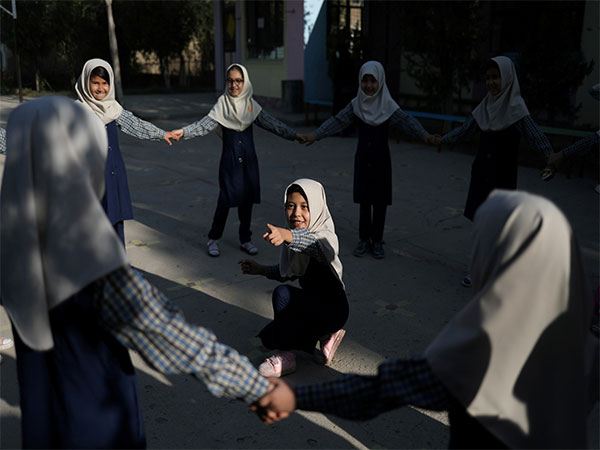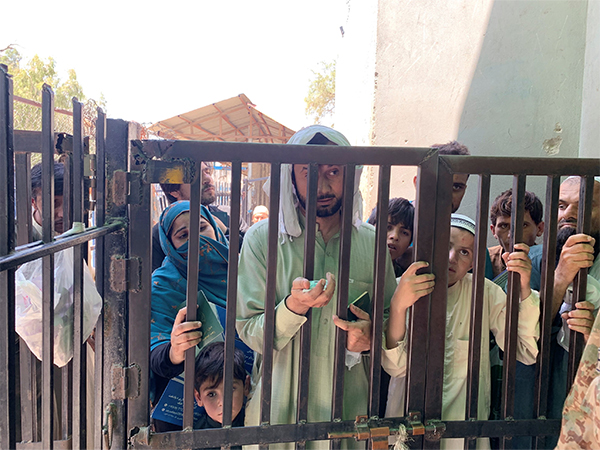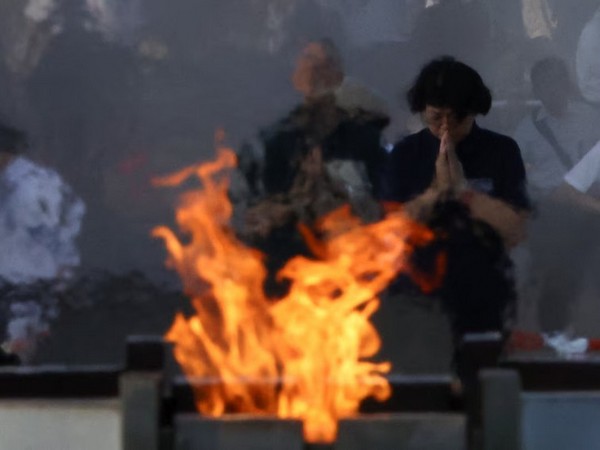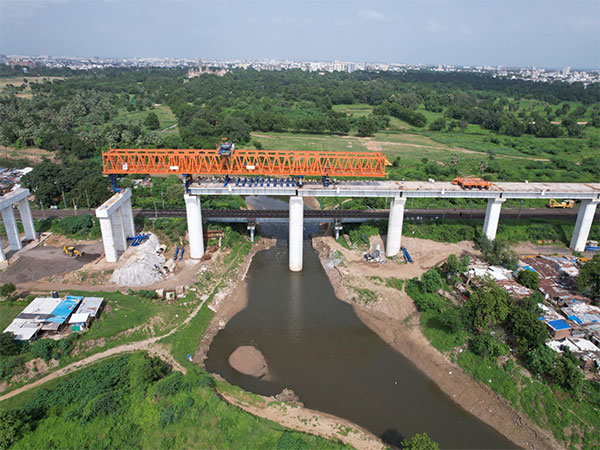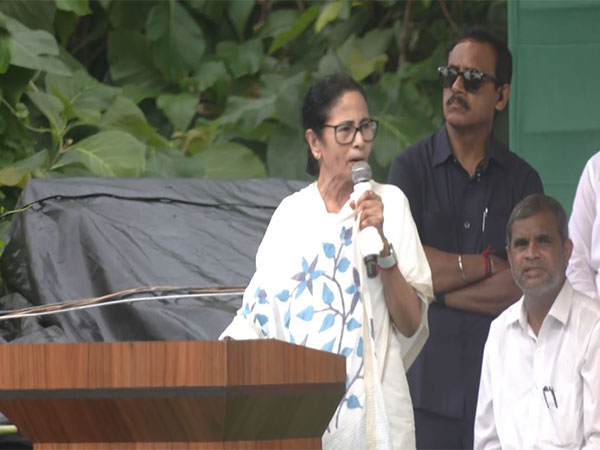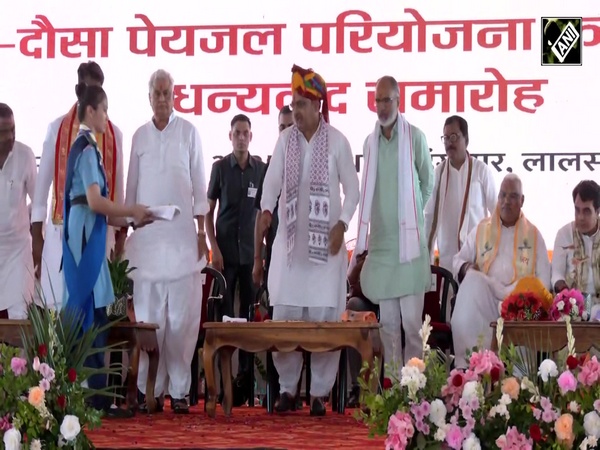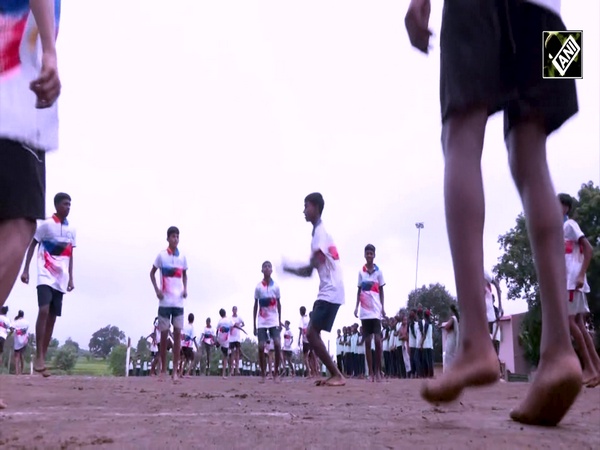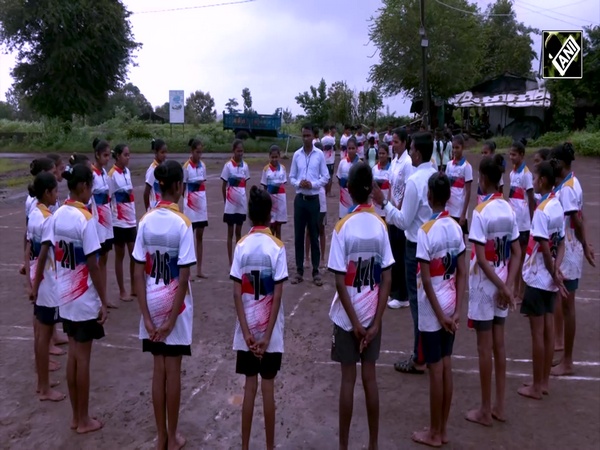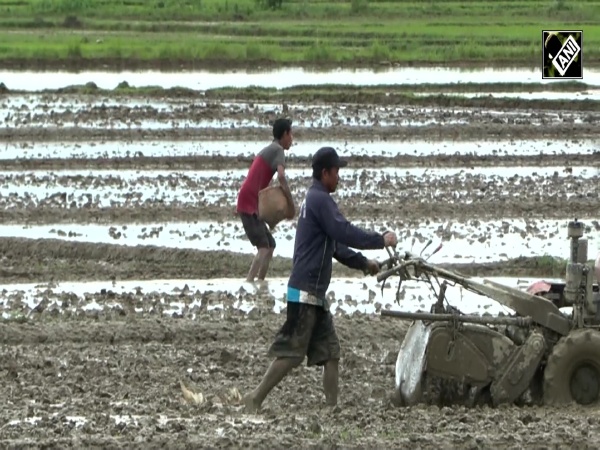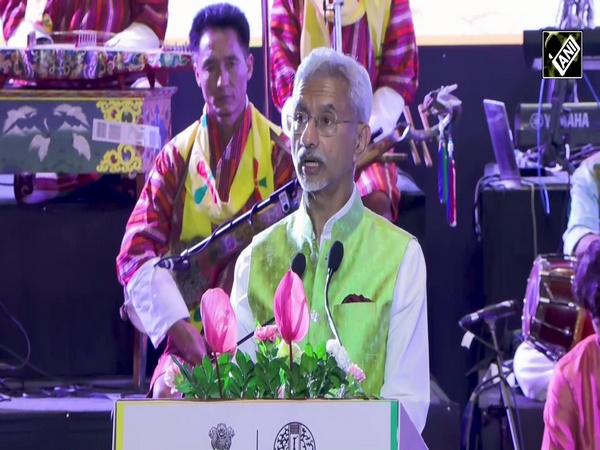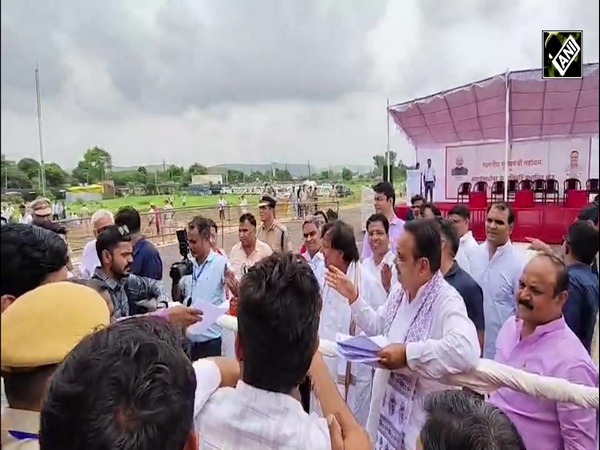Nepal: Protests against Chinese infrastructure project over displacement without compensation
Mar 18, 2022

Kathmandu [Nepal], March 18 : Amidst the growing disenchantment in Nepal against Chinese investments, locals in the Eastern district of Jhapa held large protests against the Damak Clean Industrial Park (DCIP) over displacement of people from their lands without proper compensation, local vernacular media reported.
The DCIP project has been called a shady, corrupt and forced exercise by the locals who have been protesting under an umbrella organisation against the China-led initiative.
"Thousands of us have been displaced, without being given any proper compensation," a protestor said.
The protestors allege that they have been forced to evict their lands without being given proper compensation, in addition, no employment guarantees have been provided to those whose sole source of income was the land taken away from them.
The project is being developed under the Belt and Road Initiative (BRI) and is spread over an area of 325 hectares, with plans of further expansion to the tune of 1142 hectares.
Earlier in January, a Canada-based think tank International Forum for Rights and Security (IFFRAS) had reported that locals in Jhapa district opposed China-sponsored Damak Clean Industrial Park, stating that "industrial park falls in former Prime Minister KP Sharma Oli's constituency" believing that Oli was too close to Beijing.
IFFRAS reported that there were over 5,000 protesters including those from indigenous communities, who called for attention to "illegal activities" at the BRI- sponsored industrial park.
There have been fears that China was getting its hands on strategic sectors that are vital to Nepal's security interests. And the people of Nepal see BRI as a major reason besides land encroachment.
"BRI project has been a ploy to impose a debt burden on poor nations, including Nepal. BRI project should not be allowed to be implemented in Nepal." IFFRAS quoting Birendra Sah of the Loktantirk Socialist Party reported.
At the same time, the track record of Chinese investment in Nepali projects is not good as it is clear from a vast gap between commitment and realization of investment, slow growth in the implementation, cost overruns due to delays and poor feasibility studies and rehabilitation of the people who fear displacement, a Nepali news portal Pardafas had earlier said citing examples of hydropower projects and industrial park projects being undertaken by Chinese firms.

